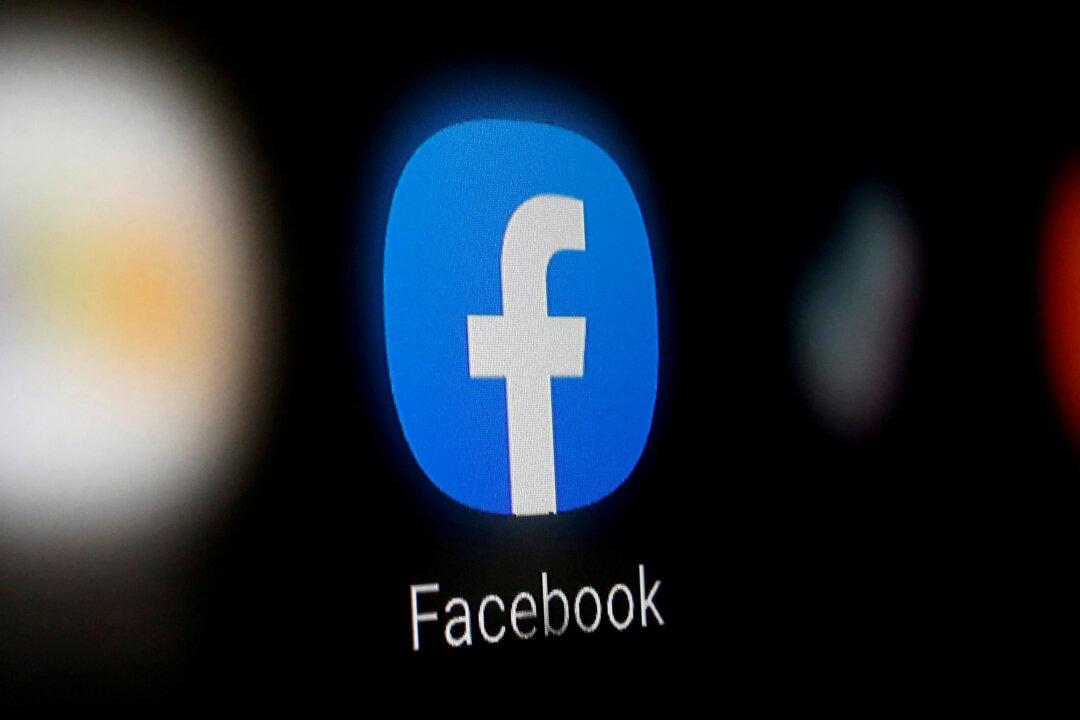A coalition of state attorneys general, led by New York’s Letitia James, appealed the dismissal of their antitrust lawsuit against Facebook.
In a notice filed on July 28 in a federal court in the District of Columbia, attorneys general from 48 states and territories said they would appeal a June decision that dismissed their lawsuit against Facebook, which challenged the social media giant’s 2012 purchase of Instagram and its 2014 acquisition of WhatsApp.





